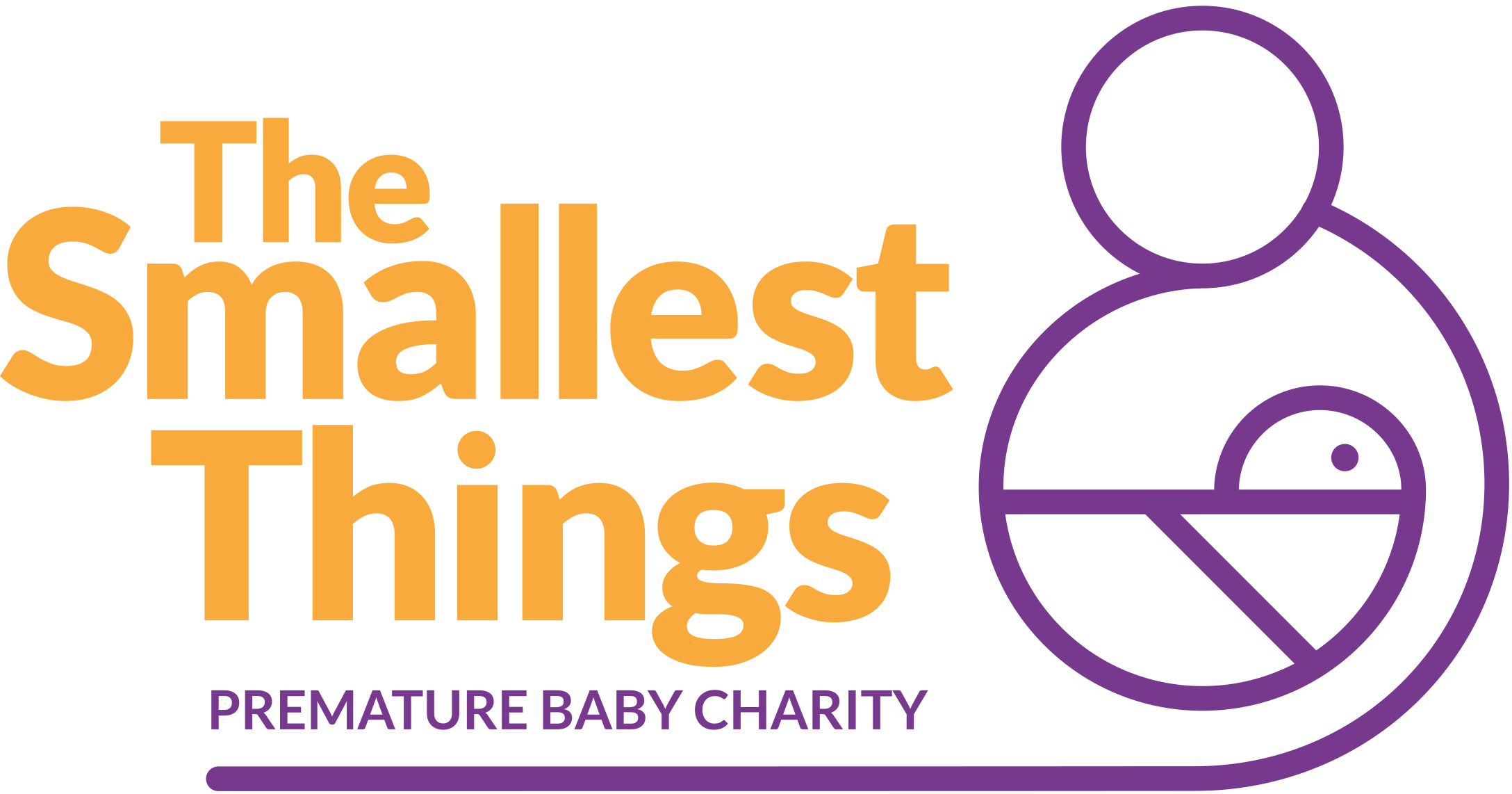The Smallest Things ‘Life After Neonatal Care’ Report was published in May 2017.
Read the full Life After NICU Report 2017 here and see below for the executive summary.
The Smallest Things Life after Neonatal Care Report shares the findings of more than 1,600 mothers and is thought to be the largest survey of the needs of children and parents following premature birth in the UK. The report, which includes first-hand accounts from parents, demonstrates the complex nature and often interlinking difficulties families face following premature birth. From maternal mental health, family life, ongoing medical needs, re-admission to hospital and special educational needs, the results clearly outline a lasting journey through which parents struggle to find support.
Maternal mental health
63% of mothers report experiencing anxiety following discharge from neonatal care
One third of mothers reported feeling isolated following neonatal care
44% of mothers had flashbacks to their time in neonatal care
61% of mothers reported feelings of guilt following premature birth
26% felt that their health visitor understood theirs or their baby’s needs
Ongoing medical needs
48% of premature babies were re-admitted to hospital following discharge home from neonatal care
46% of children have ongoing medical difficulties following premature birth
More than half of parents worried about the long-term outcomes for their child
Family life
Only 35% of mums were able to attend mum and baby groups
Nearly half (49%) reported that having a premature baby affected their financial circumstances
1 in 3 struggled to keep up with social friendships following neonatal care
14% of mothers were unable to return to work as a result of their child’s health needs
Special educational needs
44% reported that their school age child had additional learning needs
More than half of those had, or were applying for an Education, Health, Care Plan
Conclusions and recommendations
The report concludes that there is an urgent need for continuity of care from hospital to home and that additional training must be made available to community practitioners in order to identify and support the specific needs of premature babies and their parents. A running theme throughout the report is the lack of awareness of the lasting journey of prematurity and the far reaching impact upon maternal mental health and family life.
Key recommendations include that all NICU parents must have access to timely and tailored psychological support, addressing the often complex mental health needs following discharge from neonatal care. In addition, parents should be encouraged to inform early years and primary school teaching staff of their child’s pre-term birth, supporting early identification of additional learning needs.


